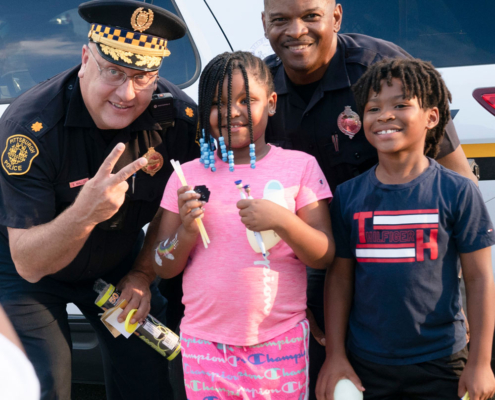 https://onenorthsidepgh.org/wp-content/uploads/2022/08/080222-Buhl-Zone-1-Night-Out-706.jpg
1000
1000
intern
https://onenorthsidepgh.org/wp-content/uploads/2019/02/OneNorthside.png
intern2023-04-19 14:30:302023-04-28 10:29:21The 101 on Zone 1 Cares
https://onenorthsidepgh.org/wp-content/uploads/2022/08/080222-Buhl-Zone-1-Night-Out-706.jpg
1000
1000
intern
https://onenorthsidepgh.org/wp-content/uploads/2019/02/OneNorthside.png
intern2023-04-19 14:30:302023-04-28 10:29:21The 101 on Zone 1 Cares
Northside Highlight: Calvin M. Hall Public Safety Center
One Northside, SafetyThe Calvin M. Hall Public Safety Center, not only serves as a police station for the Northview Heights community, but as a community space! Residents use the space for meetings and to conduct programming. We spoke to Reggie Smith, the Public…
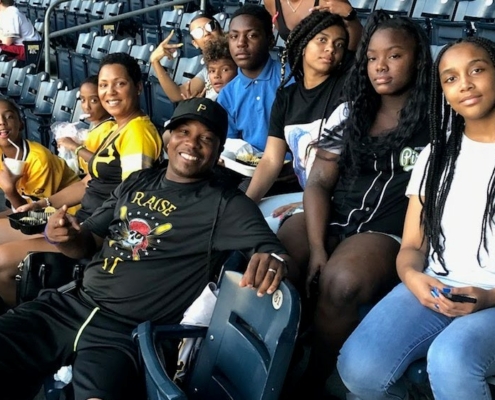
Northside Highlight: HOPE Diversion Program
Featured, One Northside, SafetyThe HOPE Diversion Program, piloted by One Northside, aims to divert young, low-level victimless crime offenders out of the criminal justice system. Thus far, the positive impact is astounding with 94% of program participants not re-offending.…
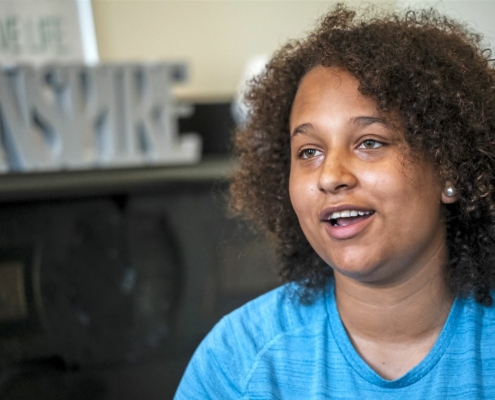
A foundation of hope: Pilot program boasts success in aiding at-risk juveniles on North Side
SafetyWhen 17-year-old Alayah Thompson first stepped into the juvenile probation office after getting in trouble for fighting Downtown, she saw a scary-looking probation supervisor and worried she might be going to jail.
But instead, the probation…
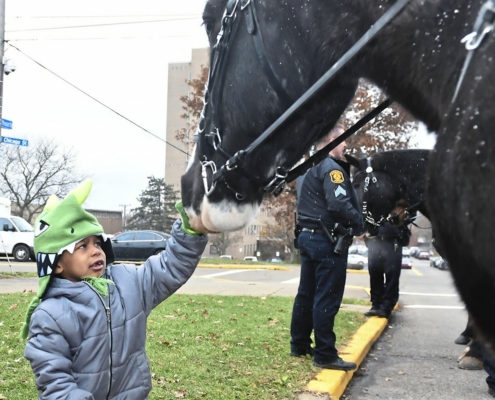
Northview Heights public safety center opens, staffed by Pittsburgh police
SafetyWith a ceremonial cutting of police tape instead of a ribbon, residents and officials celebrated the opening of a new public safety center in Northview Heights Tuesday.
The center, which has space for community programming, will serve residents…

Council clears Pittsburgh police to patrol North Side public housing complexes
SafetyPittsburgh will supply six police officers and a supervisor to safeguard two public housing complexes in the North Side
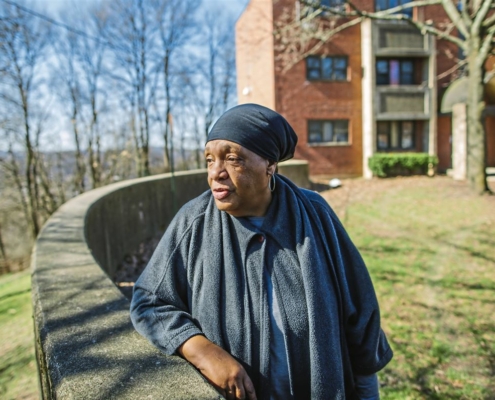
Pittsburgh Housing Authority, city plan police patrols for two North Side sites
SafetyTwo Pittsburgh public housing complexes may soon be regularly patrolled by dedicated city police officers...

Diversion program to help North Side teens, shows early promise
Safety...thanks to the pilot North Side Diversion Program, those kids can get those charges erased. And Zone 1 police Comdr. Chris Ragland and his officers are glad to be able to take advantage of it.

